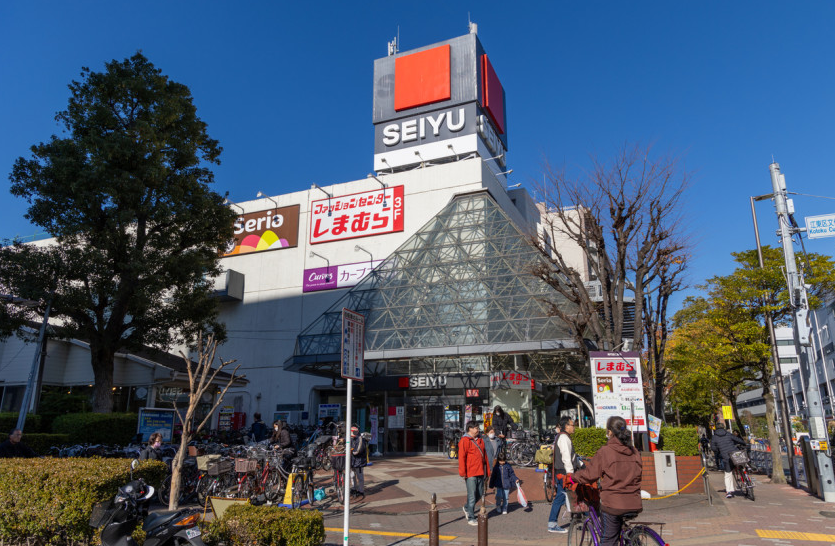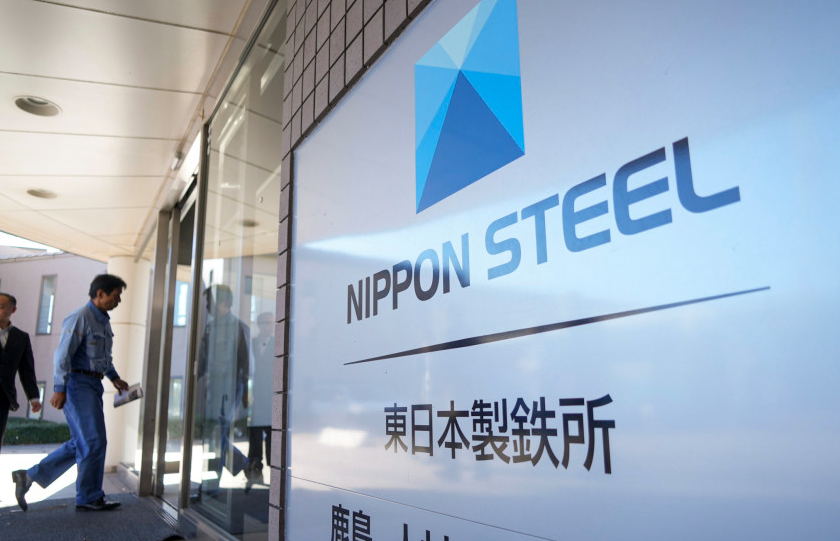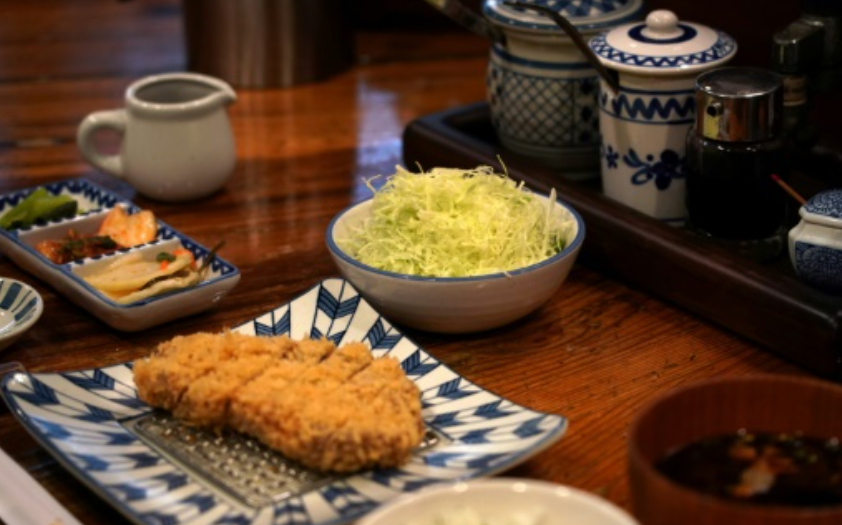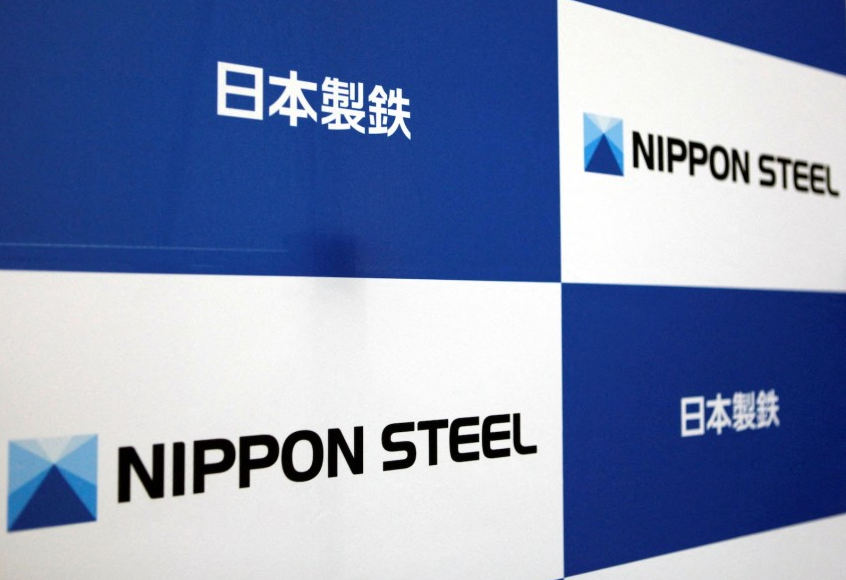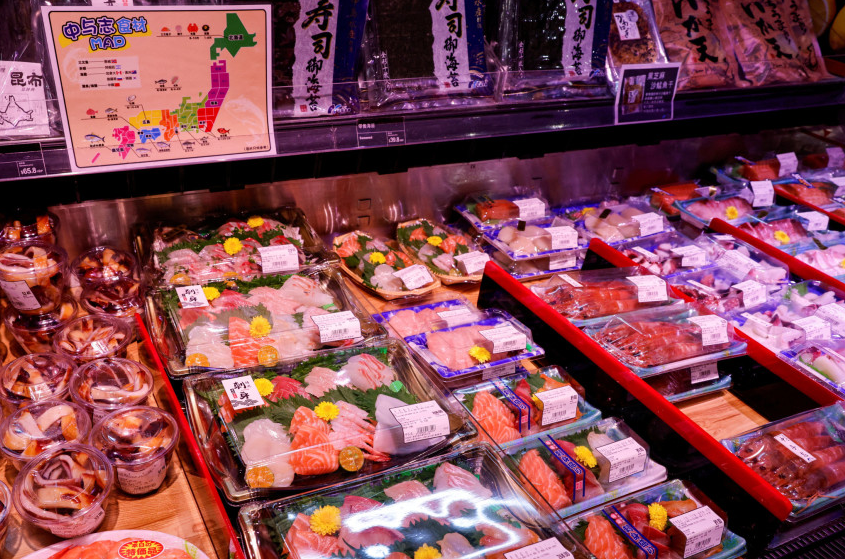发布时间:2023-12-16 人气:5 作者:郝
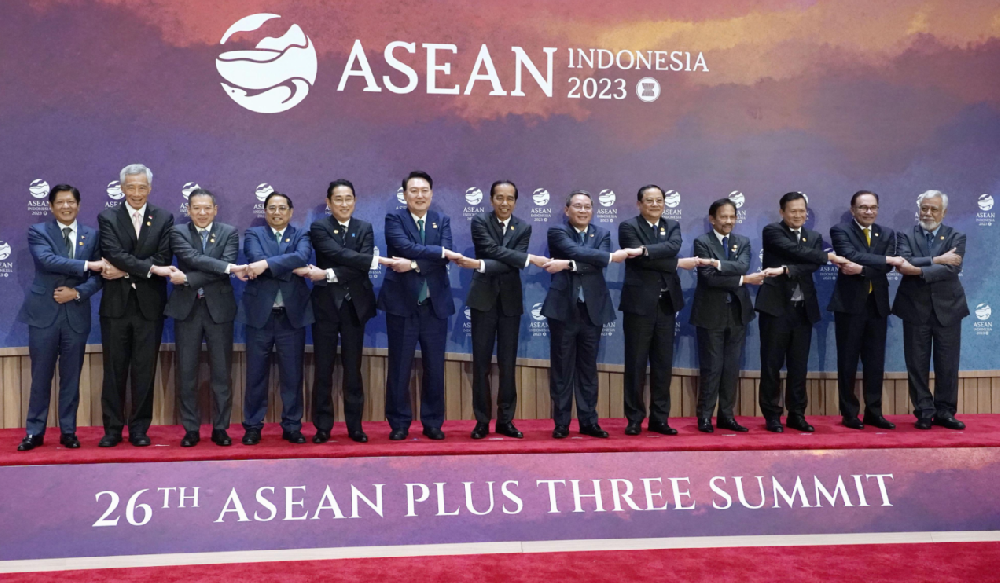
The Association of Southeast Asian Nations, which will hold a summit with Japan in Tokyo on Sunday to mark 50 years of ties, has built relations of trust with the country and generally welcome it playing a bigger security role in the region, amid China's growing assertiveness in the South China Sea.
The ASEAN members, however, are navigating a delicate balance in their ties with Japan and China, taking into account Beijing's stronger economic influence in Southeast Asia, while vigilantly watching the competition for regional clout between China and the United States, experts said.
Trust between ASEAN and Japan has long been cultivated through Tokyo's efforts to foster amicable relations with the peoples of the region, especially since 1977 when then Japanese Prime Minister Takeo Fukuda announced the principles of Japan's ASEAN diplomacy, said Bilahari Kausikan, a former permanent secretary of Singapore's Foreign Ministry.
The principles, called the Fukuda Doctrine, were articulated by Fukuda during a speech in the Philippines as part of an ASEAN tour.
Fukuda promised that Japan, which had occupied many Asian countries during World War II, would never again become a military power and would seek "heart-to-heart" relationships, pledging to establish equal partnerships with Southeast Asian nations.
"Japan is ASEAN's most trusted partner, and the current strategic environment gives the summit a special significance," said Bilahari, adding Japan has maintained a consistent approach to the region regarding its economic and strategic interests.
Due to that steadfast approach, ASEAN countries have welcomed Japan's increased assistance in the security sphere in recent years, with Indonesia, Malaysia, Thailand, the Philippines and Vietnam having signed defense equipment transfer agreements with it.
Singapore Deputy Prime Minister Lawrence Wong, speaking at a forum in Tokyo in May, said, "Japan has historically adopted a low-key posture in security. But with the passage of time, there is scope for Japan to make a greater contribution in this area."
Singapore and Japan agreed last year to start negotiations for a deal on transfer of defense equipment.
Bhubhindar Singh, associate professor at the S. Rajaratnam School of International Studies in Singapore, said security is an important dimension of ASEAN-Japan cooperation.
"With concerns about China's assertiveness expected to escalate, this dimension will become more important," Singh said, referring to Beijing's increasing military activities in the South China Sea.
Claiming sovereignty over almost the entire maritime area, China has built artificial islands with military infrastructure. Four ASEAN members -- Brunei, Malaysia, the Philippines and Vietnam -- also have claims in the contested sea, as does Taiwan.
Amid increasing tensions between China and some ASEAN countries as well as China-U.S. rivalry in the region, Singh said, "Japan is playing and should continue to play a role of a peaceful mitigator between the United States and China."
Although Japan faces challenges in its ties with China over issues including the release of the treated radioactive water from the crippled Fukushima nuclear power plant into the Pacific Ocean, the two Asian neighbors have continued to value maintaining dialogue, Singh said.
But Hoang Thi Ha, a Vietnamese senior fellow at ISEAS-Yusof Ishak Institute in Singapore, said Southeast Asian countries and Japan need to be "tactful" in framing their security relations.
"This is particularly so for Vietnam because of its geographic proximity and unfavorable power asymmetry with China," Hoang said at a conference on the ASEAN-Japan partnership held in Singapore in late November.
Vietnam has been recently courted by both Beijing and Washington, with U.S. President Joe Biden visiting Vietnam in September and Chinese President Xi Jinping making a two-day visit there this week.
Among the 10 members of ASEAN --Brunei, Cambodia, Indonesia, Laos, Malaysia, Myanmar, the Philippines, Singapore, Thailand and Vietnam -- such countries as Laos and Cambodia have received huge amounts of Chinese assistance and investment.
China has expanded its influence to other members of ASEAN, upgrading its ties with the regional grouping to a comprehensive strategic partnership in 2021, followed two years later by the one between the bloc and Japan.
Regarding the row between China and Japan over the discharge of the treated radioactive water into the sea, ASEAN has stayed neutral, Pushpanathan Sundram, chief executive officer at Public Policy Asia Advisors, observed.
"With a comprehensive strategic partnership with China and good relations, ASEAN is careful" about the strained China-Japan ties, said Sundram, former deputy secretary general at the ASEAN Secretariat in Jakarta.
According to a survey by the ASEAN Studies Centre at the ISEAS-Yusof Ishak Institute released earlier this year, respondents identified China is the most influential political and strategic power in the region at 41.5 percent, followed by the United States at 31.9 percent and Japan trailing at 1.9 percent.
Japan is also far behind in the economic clout, as only 4.6 percent of the 1,308 respondents -- people in academic, business, civil society and governmental fields as well as international and regional organizations from ASEAN member states -- regard Japan as the most influential economic power in Southeast Asia. Nearly 60 percent cited China, and 10.5 percent considered to the United States to top the three.
China's growing impact is underlined by data from ASEAN, which showed the country has become the regional group's largest trading partner since 2009, with two-way trade hitting $722 billion last year, more than double of the $268 billion between ASEAN and Japan.
But the ASEAN Studies Centre survey showed that 49.8 percent of the respondents have either "little confidence" or "no confidence" in China to "do the right thing" to contribute to global peace, security, prosperity and governance, whereas the percentage for Japan was 25.5.
And Japan still exceeds China in terms of investment to ASEAN, with its money inflow into the regional bloc amounting to $27 billion in 2022, while China's was at $15.3 billion, according to ASEAN data.
"Japan remains a critical economic engine for ASEAN and beyond," Singh said, maintaining that ASEAN needs Japan to avoid overreliance on the Chinese economy.
While some experts consider the ASEAN-Japan ties reached a level of maturity, Lam Peng Er, principal research fellow at the East Asian Institute in Singapore, pointed out room for improvement, saying Japan should treat workers from Southeast Asia better to secure a heart-to-heart relationship.
Japan has accepted workers called "technical interns" from Asia since 1993 under its Technical Intern Training Program, originally designed to transfer skills to developing countries.
But many cases of unjust treatment, including unpaid wages and harassment, have sparked criticism that the program is a cover for importing low-cost labor, Japan is currently in discussions to replace the program with a new, improved system.
Meanwhile, many ASEAN countries that have long looked up to Japan as an economic role model have achieved significant economic growth, so much so that Japan now has things to learn from them.
For example, Japan agreed with Singapore earlier this year to cooperate in advancing digitalization projects, showing eagerness to learn from the city-state's national digital identification scheme.
Building on longstanding trustful relations, ASEAN-Japan ties are expected to evolve into a more equal partnership, aligning with the Fukuda Doctrine's pledge, observers from the regional bloc said.
"The importance of the Fukuda Doctrine in providing a consistent framework for Japan's approach to Southeast Asia...should not be underestimated," Bilahari said, adding leaders of Japan and ASEAN should have discussions based on the solid foundation built over the past five decades.

